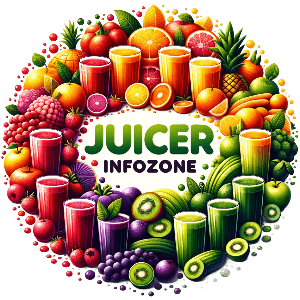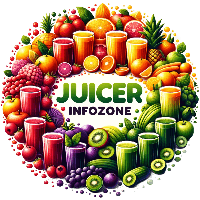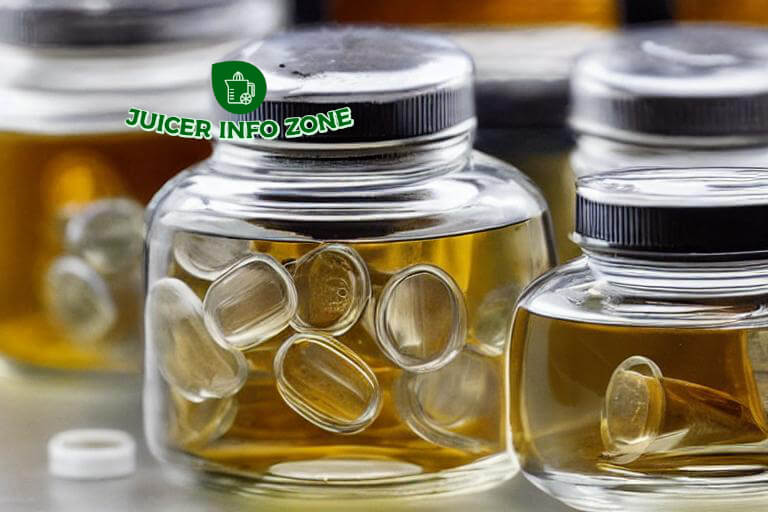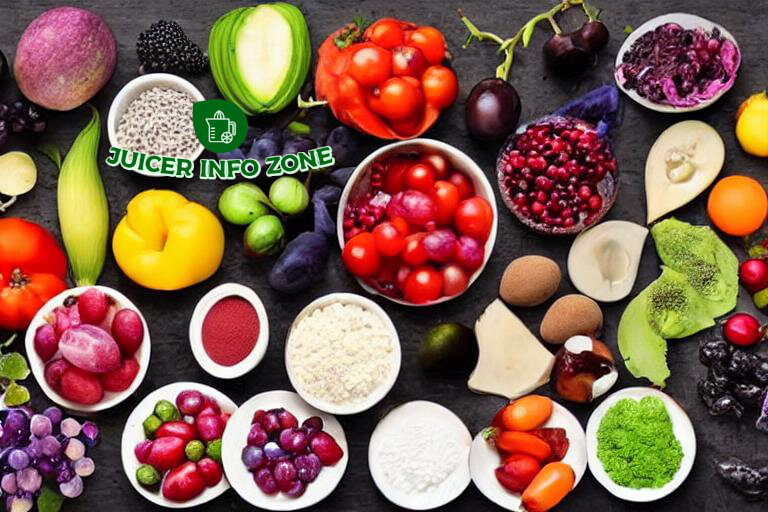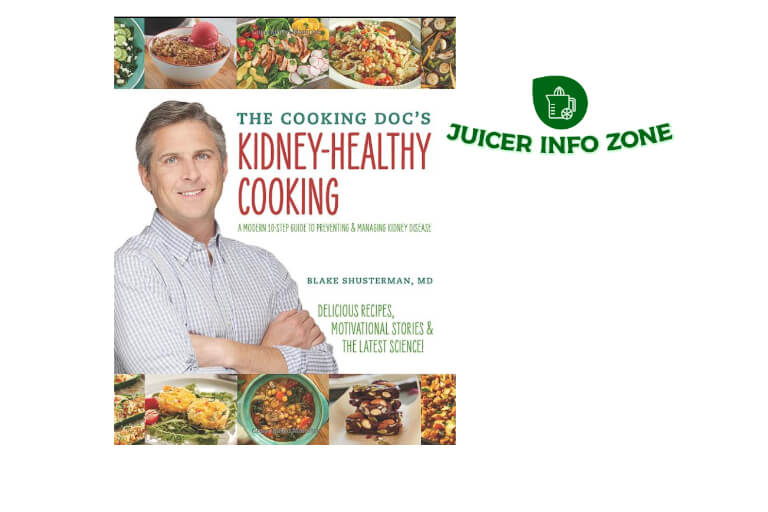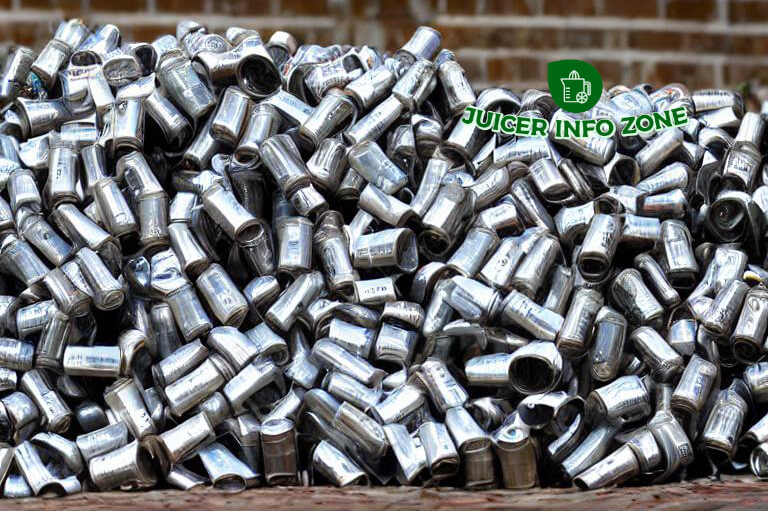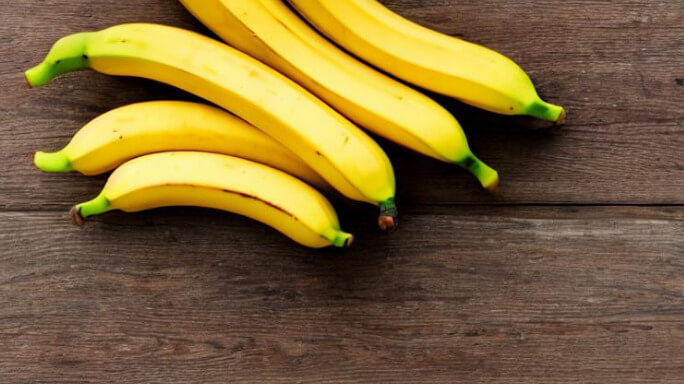Learn how to cook for better health

When you cook for better health, its not just what you eat but also how you cook it.
You probably know you should eat more fruits and vegetables and less red meat, especially processed red meat. A large study of people aged 50 to 71 found that about one-third more of those who ate the most red meat died within 10 years compared to those who ate the least.
Death rates were also higher for those who ate the most processed meat, like ham, bacon, salami, lunch meats, hot dogs or sausage.
How your food is cooked matters
Toxins form when animal foods (meat, poultry, eggs or fish) are cooked and in much higher amounts if you grill, broil or fry them, especially without added liquid or spices. That can increase your risk of heart disease, diabetes complications, colon, pancreatic or prostate cancer, and other serious conditions. The hotter, dryer and longer you cook, the more toxins there will be.
Here are healthier ways to cook meat, poultry, eggs and fish:
- Boiling, poaching, steaming, microwaving and stewing are ideal because the temperature never goes above the boiling point of water and the food never gets dry. .
- Baking or roasting happen at lower temperatures than grilling, frying or broiling
- Stir-frying keeps cooking time short, especially if you cut the food into thin slices.
What are these toxins?
We cant say they cause health problems, only that people who eat a lot of them have higher rates of certain conditions. To prove that a food caused a health problem you’d have to control everything people ate and a lot of other things they did for years to see if it changed their health outcomes.
Advanced glycation end products (AGEs) are in many foods, including tiny amounts even in healthy foods like fruits, veggies, milk and yogurt. As foods are cooked and turn brown, the amount multiplies. People who consume lots of AGEs have higher rates of many diseases, including
- Heart disease
- Diabetes
- Alzheimers disease
- Kidney disease
- Rheumatoid arthritis
- Cataracts
- Parkinsons disease
The cooking method affects the amount of AGEs in carbohydrates, too. Ounce for ounce, fast food french fries have seven times more than a baked potato.
The American Dietetic Association says that the most practical way to cut down on AGEs is by cooking animal protein differently.
How much difference can a cooking method make?
A lot. If you poach a three-ounce chicken breast in liquid over medium heat for seven minutes, it will produce about 1,000 kU (kilounits) of one type of toxin, AGEs. If you bread and deep-fry the same chicken breast for 20 minutes it will produce nearly 9,000 kU of AGEs.
Im not going to give up broiling, frying or grilling. Is there anything else I can do to reduce the toxins?
- Marinate your meat, poultry, or fish in a thin liquid sauce before you cook it.
- Add garlic, finely chopped onions, soy sauce, hot sauce, herbs, or spices to hamburger meat when you make patties. The antioxidants in them help neutralize the toxins.
- Pre-cook chicken in the microwave until its almost done, and then put it on the grill for just a few minutes.
- Avoid char marks or burning. Turn the meat over, turn the heat down, or move the meat away from the heat. Black stripes and burned fat are worst of all.
- Stop cooking as soon as its done. Use a meat thermometer.
- Cut back on these toxins by cooking differently and by limiting how much meat you eat. Animal foods shouldnt take up more than a quarter of your plate, on average.
Small changes in the way you cook your food will add up over time so eat healthy and add a little exercise into the equation.
